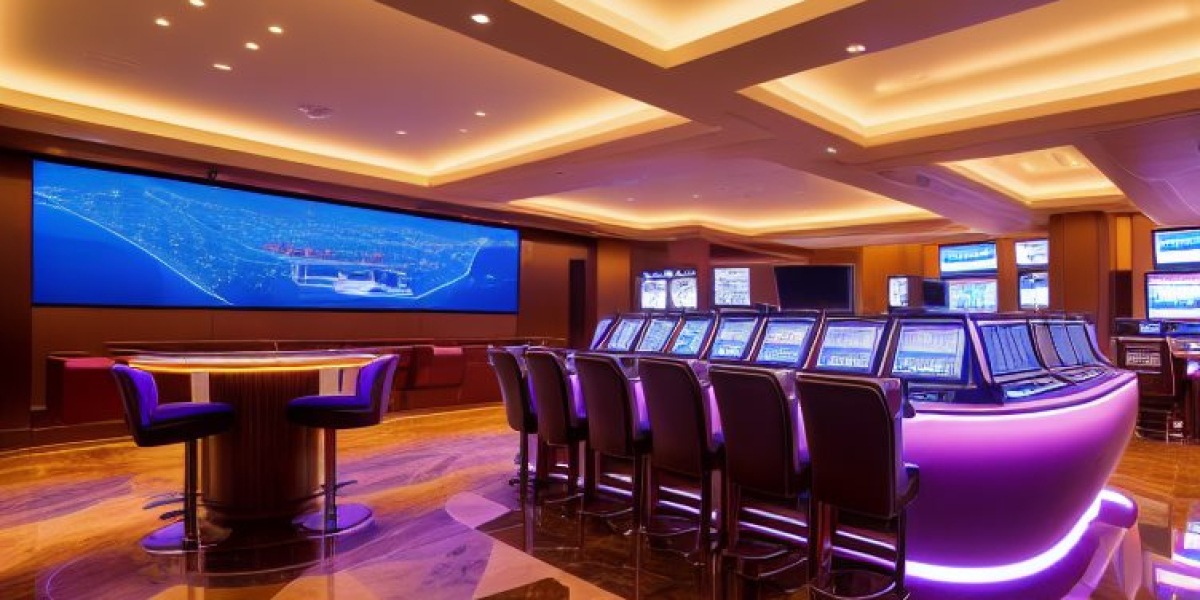MBBS in Nepal has become one of the most popular choices for Indian students aspiring to study medicine abroad. With its geographical proximity, cultural similarities, affordable fee structure, and globally recognized universities, Nepal offers an ideal destination for medical education. The medical curriculum in Nepal is aligned with Indian standards, making it easier for students to adapt and later clear licensing exams like FMGE/NExT. Additionally, the use of English as the medium of instruction and the high FMGE success rate among graduates make Nepal a trusted hub for medical aspirants.
This guide provides detailed insights into the eligibility criteria, admission process, fees, hostel facilities, and other aspects of pursuing MBBS in Nepal.
Why Choose MBBS in Nepal?
There are several advantages for Indian students opting for MBBS in Nepal:
Affordable tuition fees compared to Indian private medical colleges.
No donation system in most universities, ensuring transparent admissions.
NMC-approved medical colleges, allowing students to practice in India after clearing FMGE/NExT.
Cultural and linguistic similarities make adaptation easier for Indian students.
Geographical proximity enables convenient travel between India and Nepal.
High FMGE pass rate due to the Indian-standard medical curriculum.
Eligibility Criteria for MBBS in Nepal
Students must meet the following requirements to secure admission:
Must have passed 10+2 or equivalent with Physics, Chemistry, and Biology as core subjects.
A minimum of 50% aggregate marks in PCB is required (40% for reserved categories).
NEET qualification is mandatory for Indian students as per NMC guidelines.
Age should be 17 years or above at the time of admission.
The mbbs eligibility in Nepal closely mirrors Indian requirements, making the transition smoother.
Admission Process for MBBS in Nepal
The process of MBBS admission in Nepal is simple and student-friendly. Here’s a step-by-step breakdown:
Application Submission: Students can apply directly to universities or through authorized consultants.
Entrance Examination: Many universities in Nepal conduct their own medical entrance exams for MBBS admission.
Offer Letter: Eligible students receive an admission confirmation or offer letter.
Document Verification: Submission of academic transcripts, NEET scorecards, passport, and other required documents.
Fee Payment: Initial tuition and hostel fees must be paid to secure the seat.
Enrollment & Orientation: Upon arrival in Nepal, students complete the enrollment process and join orientation sessions.
Top Medical Universities in Nepal
Nepal is home to several prestigious medical universities recognized by NMC and WHO. Some of the leading ones include:
Institute of Medicine (IOM), Tribhuvan University – One of the oldest and most reputed universities.
B.P. Koirala Institute of Health Sciences (BPKIHS) – Known for its advanced infrastructure and international student base.
Kathmandu University School of Medical Sciences (KUSMS) – Offers modern teaching methods and strong clinical training.
KIST Medical College – Affordable tuition with high-quality faculty.
Manipal College of Medical Sciences, Pokhara – A top choice for Indian students with excellent hostel and campus facilities.
MBBS Course Duration & Curriculum in Nepal
Course Duration: 5 years, followed by 1 year of compulsory internship.
Medium of Instruction: English, with local language support during clinical practice.
Curriculum Structure:
Pre-clinical phase: Anatomy, Physiology, Biochemistry.
Para-clinical phase: Pathology, Pharmacology, Microbiology, Forensic Medicine.
Clinical phase: Medicine, Surgery, Pediatrics, Obstetrics & Gynecology, Community Medicine.
Internship: Conducted in affiliated hospitals in Nepal, ensuring hands-on patient care experience.
MBBS Fees in Nepal
One of the major reasons students choose Nepal is the affordability of education.
Tuition Fees: Ranges between USD 30,000 – 60,000 for the entire course (approx. INR 25 – 45 lakhs).
Hostel Fees: Around USD 1,000 – 1,500 per year depending on facilities.
Other Expenses: Food, transport, and living costs add another USD 150 – 250 per month.
Compared to Indian private colleges where MBBS fees may exceed INR 80 lakhs, studying in Nepal is cost-effective.
Hostel & Accommodation Facilities
Universities in Nepal provide comfortable and safe accommodation for international students:
Separate hostels for boys and girls.
Fully furnished rooms with 2–3 students per room.
Mess facilities with Indian food, catering to Indian students’ preferences.
24/7 security, Wi-Fi, and medical facilities within hostel premises.
Cultural and sports clubs to support extracurricular engagement.
The hostels of Nepalese medical universities are designed to ensure a safe and conducive environment for studying.
Recognition of MBBS in Nepal
Degrees from Nepal are widely recognized, enabling graduates to pursue careers globally.
In India: Recognized by the National Medical Commission (NMC), allowing students to appear for FMGE/NExT.
Internationally: Listed in WDOMS, WHO, and FAIMER, making graduates eligible for USMLE (USA), PLAB (UK), and other licensing exams.
Career Opportunities After MBBS in Nepal
Graduates can explore multiple career paths after completing their degree:
Practice in India after clearing FMGE/NExT.
Pursue postgraduate studies in Nepal, India, or abroad.
Research and academic opportunities in medical science.
Global medical practice by clearing licensing exams in countries like USA, UK, Australia, and Canada.
Cost of Living in Nepal for Indian Students
Nepal offers a very affordable lifestyle:
Accommodation: Already covered under hostel fees.
Food: Around INR 6,000 – 8,000 per month, with Indian mess available.
Transport: Local travel is inexpensive, with monthly costs around INR 1,000 – 1,500.
Total Living Expenses: Approximately INR 15,000 – 20,000 per month.
Conclusion
Pursuing MBBS in Nepal is a highly beneficial option for Indian students who want affordable, globally recognized medical education close to home. With NMC-approved universities, English-medium courses, strong clinical exposure, and cultural familiarity, Nepal ensures both academic and personal comfort.
From eligibility criteria and admission processes to fee structures and hostel facilities, everything is student-friendly, making Nepal one of the best destinations for medical education in 2025.
For students who want to study MBBS abroad without the burden of high fees or cultural adjustment, Nepal offers the perfect balance of quality, affordability, and recognition.







